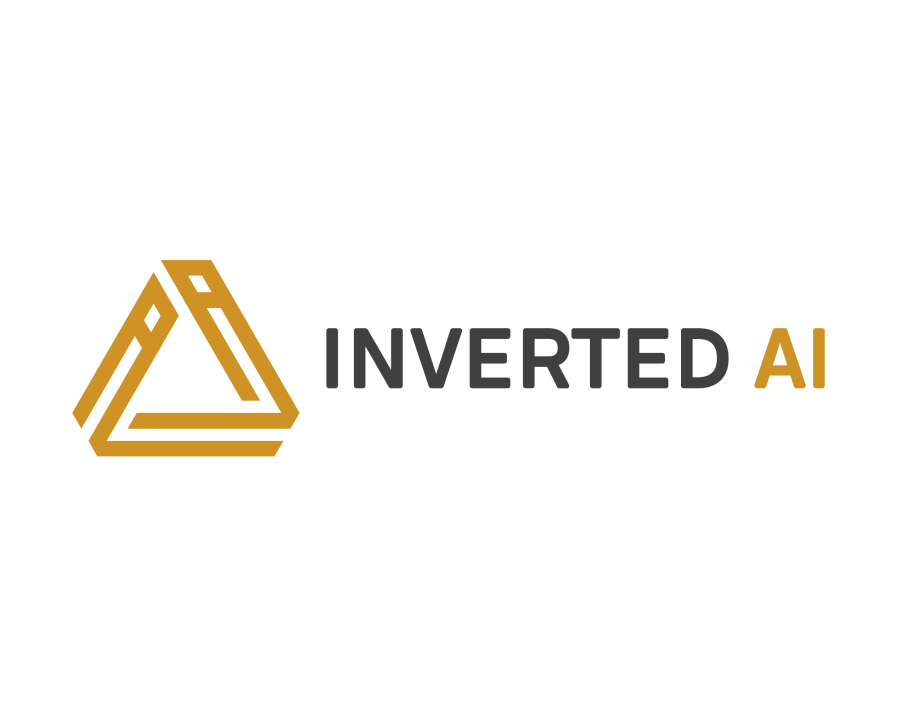
Globe and Mail reports on ThoughtWire $20-million financing."Internet of things" technology is being used to remotely set thermostats, manage traffic signals and predict when to service industrial machines before they break down. Toronto entrepreneur Mike Monteith thinks it can also save lives.On Monday, his software startup, ThoughtWire Corp., will announce it has raised $20-million in equity and debt financing to expand the reach of its automated early warning system that has helped cut the number of deaths from "code blue" cardiac-arrest emergencies in hospitals by 42 per cent in a project with the Hamilton health system."The numbers are earth-shattering," said Salil Munjal, managing partner with Vancouver-based Yaletown Partners, which is leading the financing, along with Business Development Bank of Canada, Round 13 Capital and Epic Capital (lender Comerica is also providing less than $5-million in debt as part of the deal). "It certainly perked my attention as a Canadian interested in health care for all the policy reasons, but also, if they can do that in the context of one of the most complex, real-time life-and-death environments [I thought], 'Is it portable into things like energy efficiency and smart buildings?' The short answer was, 'Yes.' "Preventing heart attacks may be a conversation starter, but ThoughtWire has broader ambitions for its Ambiant software platform serving the internet of things (IoT) market in the health-care, building-management and manufacturing sectors. "We'll take the capital and swing hard" in all three areas by nearly doubling staff to about 100 people in the next year, said Mr. Monteith, ThoughtWire's CEO and a former consultant to governments on digital health initiatives.ThoughtWire is one of several companies – including General Electric, which bought Yaletown-backed IoT firm Bit Stew Systems for US$153-million in 2016– using technology to create software-generated facsimiles of complex systems or processes fed by reams of sensor data. These "digital twins" are then compared with data sent from real environments over the internet to detect aberrations ranging from spikes in energy use to underperforming machinery, highlighting potential problems ."We live in seas of data and people in busy environments don't have the time to consider small changes," said Mr. Monteith. "The true promise of IoT is early warning."Read full Globe and Mail storyAuthor: Sean Silcoff, Globe and Mail




